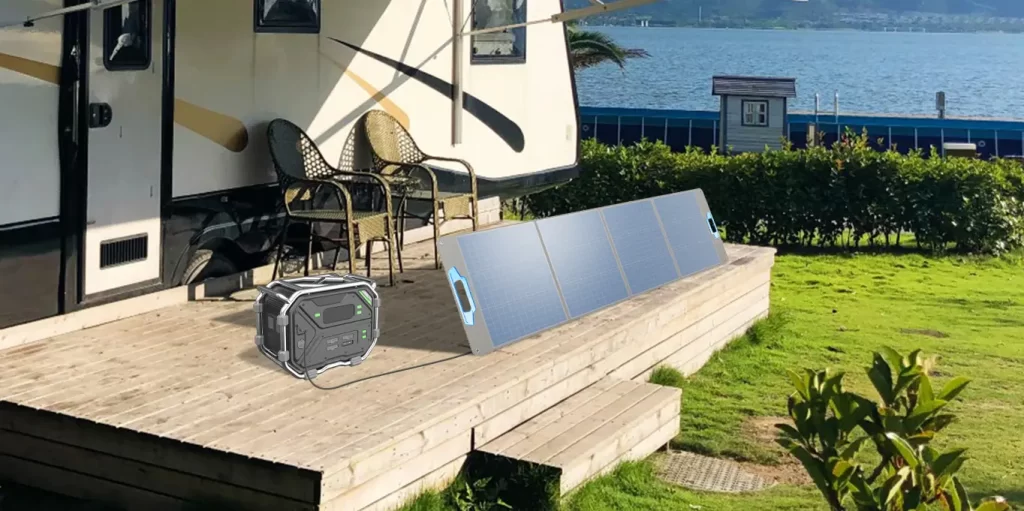
The phrase “off the grid” has gained significant popularity in recent years, reflecting a growing interest in self-sufficiency, sustainability, and independence from conventional systems. But what does it truly mean to live “off the grid,” and what are the implications of adopting such a lifestyle?
Definition and Origins
At its core, “off the grid” refers to living in a manner that is disconnected from public utilities and services, particularly the electrical grid. The term originates from the idea of being off the power grid, which is the interconnected network for delivering electricity from producers to consumers. However, the concept has since broadened to encompass a wider range of self-reliant practices.
Energy Independence
One of the primary aspects of living off the grid is generating one’s own energy. This can be achieved through various renewable sources such as solar panels, wind turbines, hydroelectric systems, or even bioenergy. By producing their own power, individuals and communities can reduce or eliminate their dependence on fossil fuels and decrease their carbon footprint. Energy storage solutions, like batteries, are also crucial to ensure a consistent supply of electricity, especially during periods when generation is low.

Water and Waste Management
Living off the grid often involves sourcing water independently, typically through wells, rainwater harvesting systems, or nearby natural bodies of water. Effective filtration and purification methods are essential to ensure safe drinking water. Additionally, managing waste without relying on municipal services is another critical component. Composting toilets, greywater systems, and recycling organic matter into compost are common practices among those who choose this lifestyle.
Food Production and Sustainability
Many people who live off the grid also aim to grow their own food, reducing their reliance on commercial agriculture and enhancing their food security. This might include vegetable gardens, fruit orchards, livestock, and aquaponics systems. Sustainable farming techniques, such as permaculture and crop rotation, help maintain soil health and biodiversity.
Challenges and Considerations
While the idea of living off the grid can be appealing, it comes with its own set of challenges. Initial setup costs for renewable energy systems, water management infrastructure, and sustainable farming can be high. Moreover, the learning curve for effectively managing these systems can be steep. Individuals must acquire a variety of skills, ranging from electrical engineering to plumbing and agricultural practices. Maintenance is another ongoing concern; equipment can break down, and repairs might require specialized knowledge or parts that are not readily available.
Social and Legal Implications
Living off the grid also has social and legal implications. In some regions, local laws and regulations may restrict or complicate efforts to disconnect from public utilities. Zoning laws, building codes, and water rights can all impact one’s ability to live independently. Additionally, living off the grid often means being physically isolated from mainstream society, which can lead to feelings of loneliness or disconnection. However, many off-the-grid communities exist where like-minded individuals come together to share resources, knowledge, and support.
Economic Factors
From an economic standpoint, while initial investments in infrastructure can be substantial, living off the grid can ultimately result in significant savings. Reduced utility bills, lower grocery expenses due to homegrown food, and minimal reliance on consumer goods all contribute to a more frugal lifestyle. Moreover, the resilience gained from self-sufficiency can provide financial stability in times of economic uncertainty.
Environmental Impact
The environmental benefits of living off the grid are considerable. By relying on renewable energy sources, reducing waste, and practicing sustainable agriculture, individuals minimize their ecological footprint. This lifestyle promotes biodiversity, conserves natural resources, and reduces pollution. It aligns with broader global efforts to combat climate change and encourages a deeper connection with nature.
Cultural Shift
The increasing interest in off-the-grid living reflects a cultural shift towards valuing sustainability and independence. It challenges the conventional consumerist mindset and promotes a simpler, more intentional way of life. This movement is part of a larger trend that includes tiny houses, minimalism, and zero-waste living, all of which emphasize quality over quantity and mindful consumption.
Living off the grid represents a commitment to self-reliance, sustainability, and a reduced environmental impact. While it poses numerous challenges, including legal hurdles, technical difficulties, and potential social isolation, the rewards can be substantial. Those who choose this path often find a greater sense of autonomy, financial freedom, and a closer connection to the natural world. As our society continues to grapple with environmental and economic issues, the principles embodied by off-the-grid living offer valuable insights and practical solutions for a more sustainable future.



